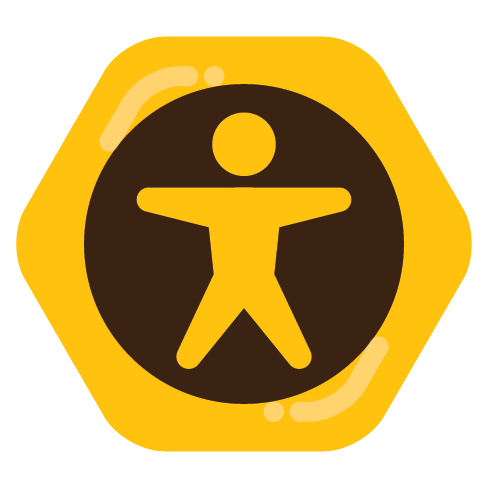web.archive.org link – excerpts follow.
The ACS uses a set of six yes-or-no questions—related to difficulty with hearing, vision, and other functions—to determine disability status. A respondent who answers “yes” to any of those questions is counted as disabled.
Now, bureau officials are recommending replacing those questions with a set developed by the Washington Group on Disability Statistics …
Seltzer, for her part, agrees that the more comprehensive WG-SS could “potentially yield greater insights into disability” in the U.S., but worries that many policymakers will use the 8% statistic to cut funding to programs that help disabled Americans.
The proposed change will be open for public comment until 19 December, although the National Advisory Committee, which advises the Census Bureau on policy and research issues, will discuss initial comments on 16 November. Landes hopes policymakers will listen to the voices of disabled Americans and not move forward with the change. “The power of the disability community is strong,” he says.


So the solution is an info campaign to get all disabled people to list every disability as the most severe level.
Understanding people’s disabilities more precisely is the direction we want to go. Using that to decide some of them (a lot of some of them) are not disabled enough is the problem. The researchers defend their method in the name of uniformity, which tends to squash personal realities.
I agree. I included the links in the quoted text so people could more easily make public comment. I don’t think we want everyone saying they are in the severe category when they are not, but yeah, we don’t want to stop supporting people who need help.
I’d definitely go with overreporting severity if the only alternative is denying help to people that need it.
But, yeah. It’s best to keep the nuance and get help to everyone.